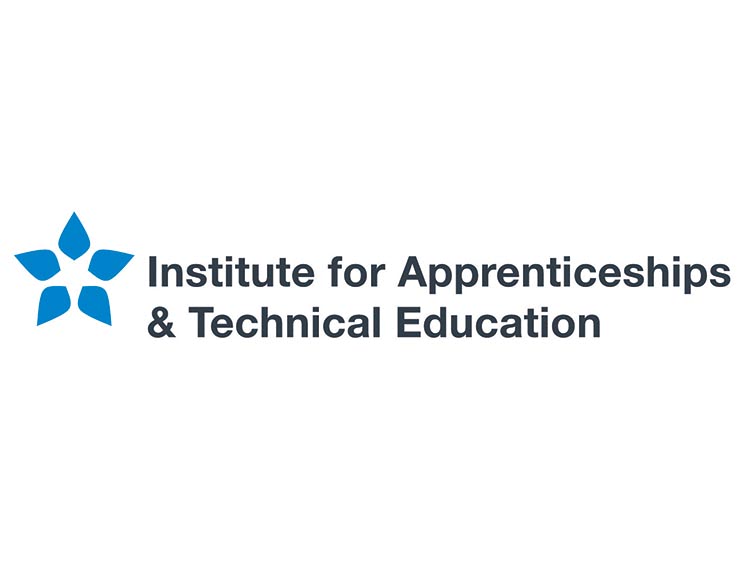Future T Levels Suitability Consultations

Overview
The Institute would welcome views from employers, providers, professional bodies and other interested parties on the following pathways which could be developed into a T Level in the future:
- Hospitality pathway
- Community exercise, physical activity, sport and health occupational pathway
Feedback from this consultation will form part of a wider piece of analysis to assess T Level suitability for current occupational pathways that have not been developed into a T Level.
Hospitality pathway
Submit your views on the Hospitality occupational pathway
Community exercise, physical activity, sport and health occupational pathway
Why we are seeking views
Feedback will help us:
- validate some of the data that has been gathered on the Hospitality and Community exercise, physical activity, sport and health industry
- understand whether a T Level would be feasible/appropriate, in terms of deliverability
Points to note
Any potential T Level relating to Hospitality and Community exercise, physical activity, sport and health would not be delivered until 2024 at the earliest.
Webinars
Hospitality
There is the opportunity to get involved in two 1.5 hour-long webinars to discuss this work with the Institute on Wednesday 3rd March at 10:00 and Thursday 4th March at 13:00. If you are interested, please register your interest at [email protected]
Community Exercise, Physical Activity, Sport and Health
There is the opportunity to get involved in two 1.5 hour-long webinars to discuss this work with the Institute on Wednesday 3rd March at 13:00 and Thursday 4th March at 10:00. If you are interested, please register your interest at [email protected]
What are T Levels?
T Levels are two-year, technical study programmes that will be available initially across 24 pathways in 11 industry routes. They are delivered in a classroom-based environment with 20% of the time spent on an industry placement working in employer settings.
Alongside apprenticeships and A levels, T Levels will be one of the three major options available to students aged 16 to 19.
Employer panels set out the knowledge and skills required for each T Level, based on the same occupational standards as apprenticeships. This ensures that individuals taking T Levels can develop the technical knowledge and skills required by employers in that industry.











Responses